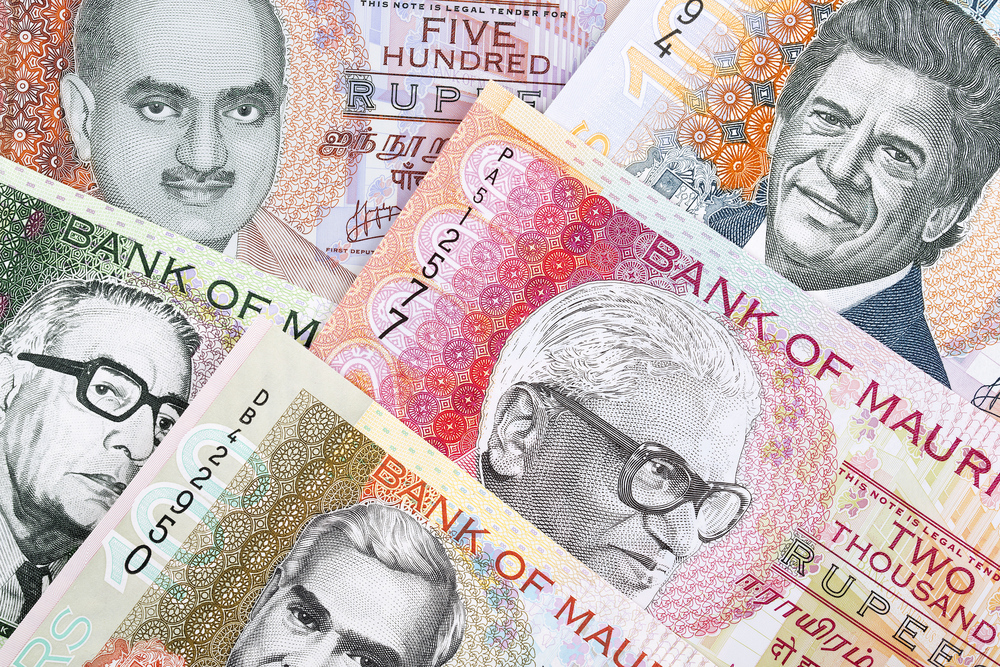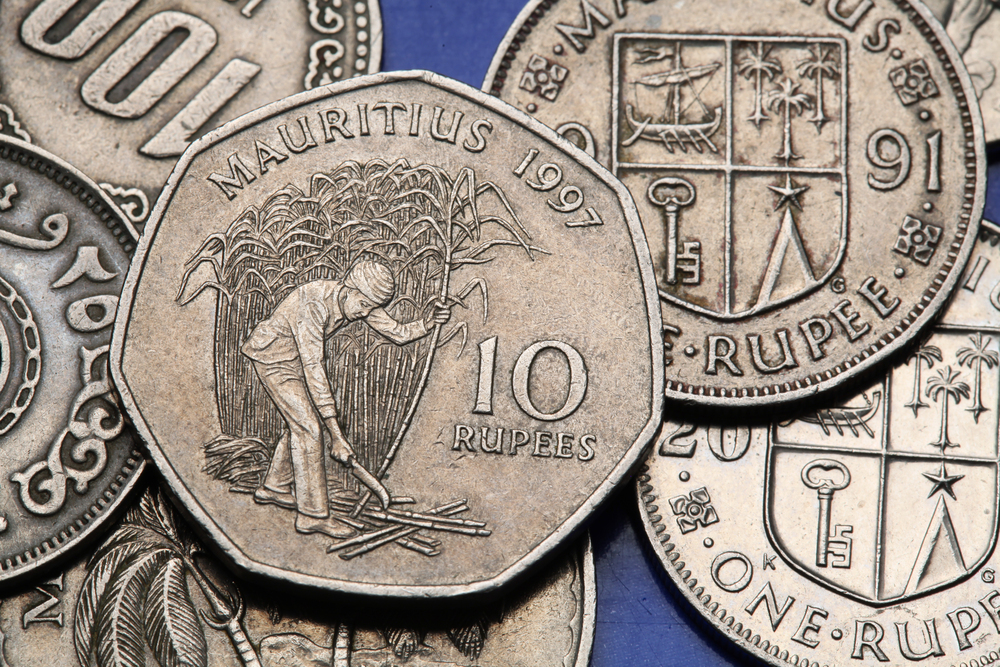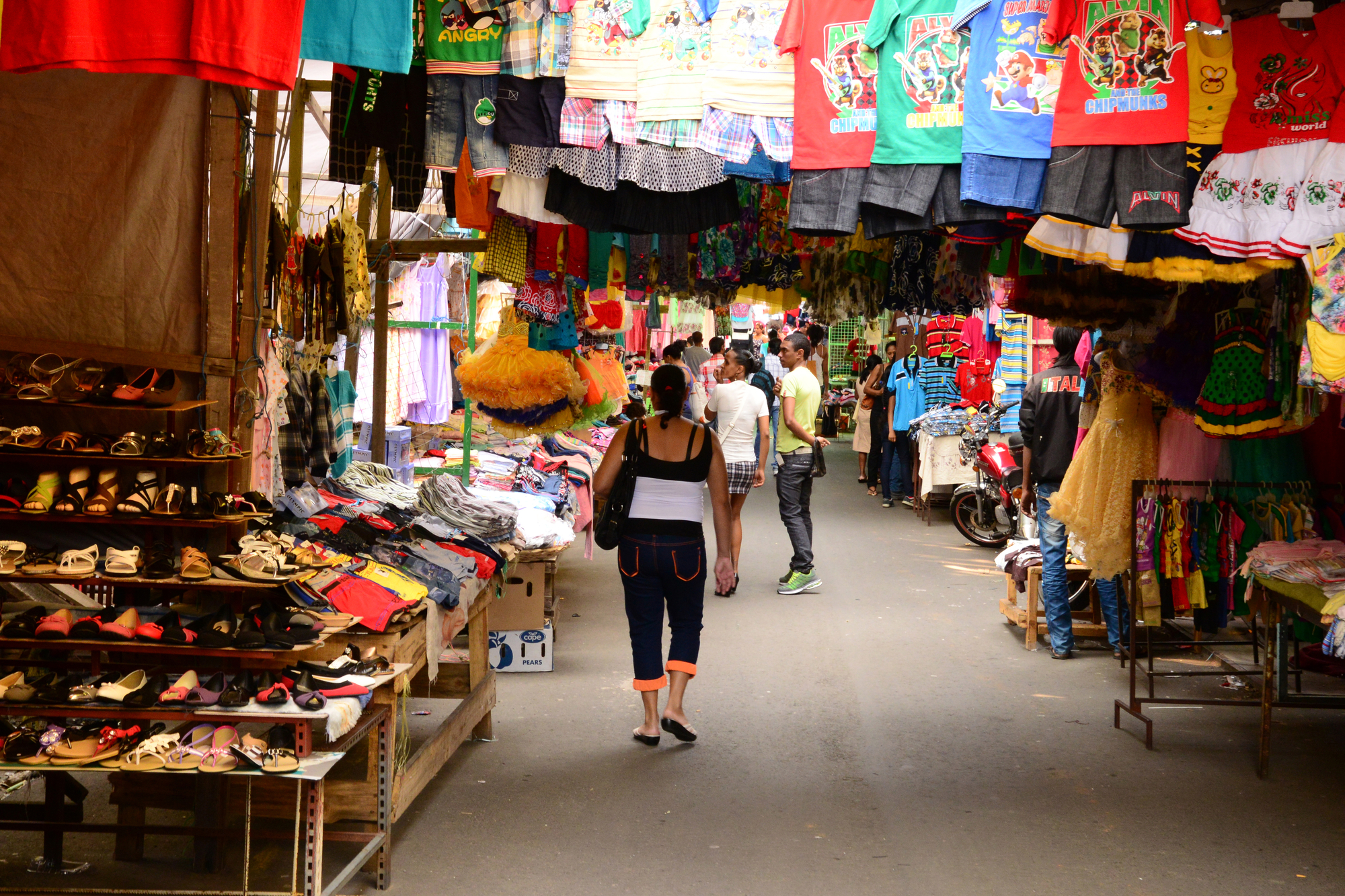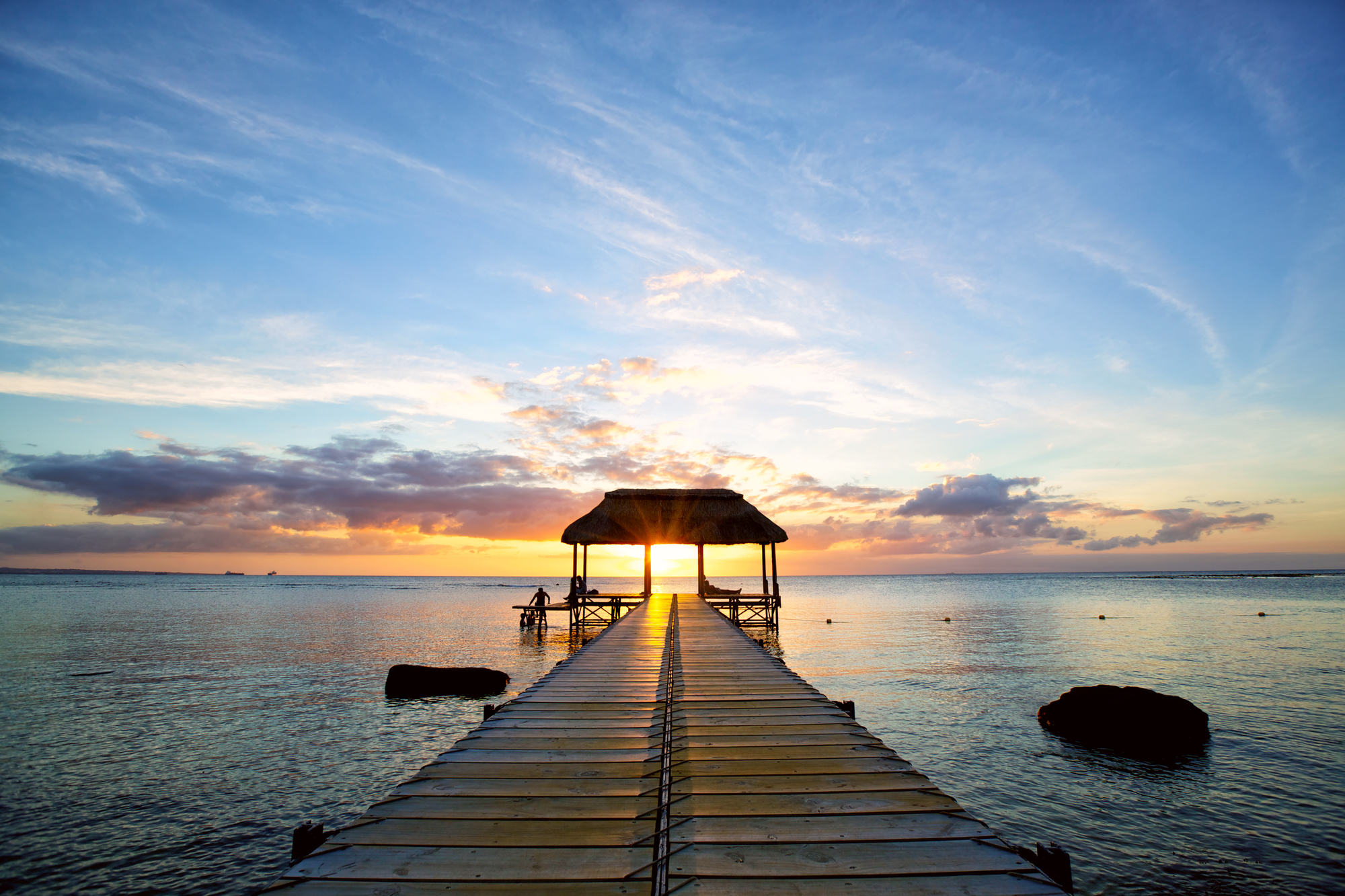Currency in Mauritius
An Australian Traveller's Money Guide to Currency Exchange in Mauritius
Breathtaking powder-white beaches, lushly carpeted volcanic peaks and fields of swaying sugar cane mark out this gorgeous Indian Ocean island. With stunning mountainous sceneries, beautiful beaches and some of the best hotels, luxury spa and experiences in the world, Mauritius has something for everyone. If you're looking for a holiday full of fun and relaxation, look no further.
The currency that is used in Mauritius
The best currency to use in Mauritius is the Mauritian Rupee. It’s represented by the international code MUR and the currency symbol ₨.
The Mauritian Rupee comprises a mixture of banknotes and coins. Mauritian currency come in denominations of 25, 50, 100, 200, 500, 1000 and 2000 notes and 1 Rupee is divided into 100 cents.
Can I Use Australian Dollars in Mauritius?
As the local currency is the Mauritian Rupee, bear in mind that Australian dollars are not accepted in Mauritius. In fact, the Aussie dollar has no value to locals and will need to be converted into Mauritian Rupee to make your trip a smooth one.
What Currency Do They Accept in Mauritius?
As the unit of currency in Mauritius is the Mauritian Rupee, it is strongly recommended for you to acquire the local banknotes and coins prior to your trip. There are also foreign exchangers located at the airport to exchange currencies including Australia, US or New Zealand dollars for the local currency.


Using Your Bank Card in Mauritius

In Mauritius, ATMs are widely available in most towns in the island and at large shopping centres. Most hotels, restaurants and large retailers accept major credit and debit cards.
Whether you choose to pay with your card in Mauritius is still up to you, as long as you’re aware of the fees and charges incurred by the respective cards.
Debit Cards
Debit cards in Mauritius are best used for ATM withdrawals and card payments. They’re reliable, secure and convenient, which makes them a must-have while you’re out and about.
Depending on which card you use, you may face excessive bank fees for each transaction. These fees may include foreign ATM withdrawal fees and conversion fees.
To make your trip hassle-free, look for a bank card that’s designed for frequent travellers. Some travel-friendly debit cards that waive a portion of the charges include Wise, ING, Citibank and Revolut.


Credit Cards
You’ll be able to use credit cards at most locations around Mauritius and at ATMs, but remember to have cash on hand when you’re exploring smaller islands.
Some credit cards come with attractive features for frequent travellers, including complimentary travel insurance, rewards points, and additional security measures.
But the perks are countered by some exorbitant charges if you use your card overseas, including:
- International transaction fees
- High exchange rate margins
- ATM fees
- Potential ‘cash advance fees’ if you use an ATM
As with debit cards, there are some exceptions. Bankwest Platinum and 28 Degrees cards are designed for travellers and waive the currency conversion fees.
Prepaid Travel Cards
Lock in a favourable exchange rate with prepaid travel cards. Bonus: You also get a handy back-up card!
Even though they are convenient, you could end up with hidden fees. Some travel cards still impose the following:
- Currency conversion fees
- Uncompetitive exchange rates
- International ATM withdrawal fees
- Reload fees
- Inactivity fees

How to Exchange Currency in Mauritius
Having local bills in your wallet while you explore Mauritius would make travelling easy. Mauritius is an island nation with plenty of ATMs that widely accepts major credit cards, but you'll probably need cash for the small islands.

ATMs in Mauritius
There are ATMs scattered throughout Mauritius so it’ll be easy for you to find one. There are ATMs in banks, hotels, most towns in the island and at large shopping centres.
Important note: Make sure you notify your bank about your travels. If you don’t, they could consider any purchases in Mauritius as suspicious activity and freeze your card.
Currency Exchange in Mauritius
There are various ways to convert your AUD into MUR. At the airport, there are foreign exchange currency shops and ATM machines with reasonable exchange rates where you can withdraw funds using your credit card. There are also bank branches located around Mauritius for you to exchange currency as well.


Travellers Cheques
We would not recommend travellers cheques as they are hardly used in Mauritius and banks will charge a high commission and exchange rate. You’ll get more value out of alternatives such as ATM withdrawals and direct cash exchanges.
Buying Mauritian Rupee Before You Go
Buying Mauritian Rupees before you leave home can be a seamless process, with three main options to suit your needs:
- Buy MUR online and have it delivered or collect it in-store.
- Buy from a bureau de change.
- Buy at your home airport.
Since bureau de change desks at Australian airports are renowned for their poor rates, we recommend avoiding them and picking up your currency ahead of time.
A fuss-free way to secure your travel money is to order it online. It can be delivered to your door or made available for pick-up at a convenient location. Online currency providers offer competitive deals you’re unlikely to find elsewhere. For example, S Money offers the same rate listed on Google and XE.com.
If you’re in the city, an alternative is to visit a CBD bureau de change. Suburban outlets don’t have the competition to keep prices low and banks often supply high fees and poor rates.
How Much Cash Should I Bring to Mauritius?

Avoid having leftover foreign cash at the end of your trip! If you’re not sure where to start, we’ve got you. Simply calculate your budget and plan accordingly.
Now, your budget depends entirely on whether you prefer to backpack or a more luxurious experience. It’s also highly affected by your travel itinerary.
Here are some of the average costs to help you calculate your own budget (all quoted in Mauritian Rupees):

5,200 MUR
One night stay at a 3-star hotel

1,000 MUR
Meal at restaurant

95 MUR
Bottle of beer

38 MUR
Local transportation

275 MUR
A movie


